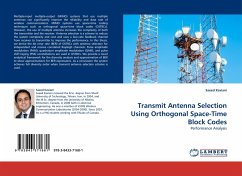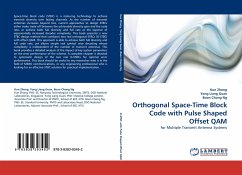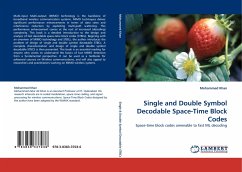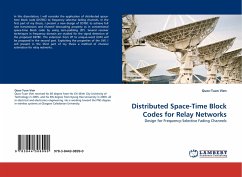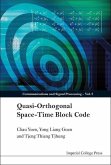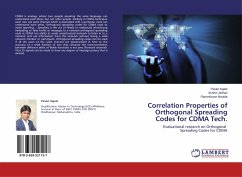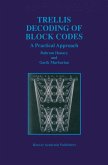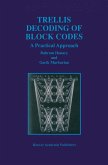Multiple-input multiple-output (MIMO) systems that use multiple antennas can significantly improve the reliability and data rate of wireless communications. MIMO systems use space-time coding techniques such as orthogonal space-time block codes (OSTBCs). However, the use of multiple antenna increases the complexity of both the transmitter and the receiver. Antenna selection is a scheme to reduce the system complexity and cost and uses a low-rate feedback channel from receiver to transmitter to improve the performance. In this thesis, we derive the bit error rate (BER) of OSTBCs with antenna selection for independent and receive correlated Rayleigh channels. Pulse amplitude modulation (PAM), quadrature amplitude modulation (QAM), and pulse shift keying (PSK) constellations are used in OSTBCs. We provide a novel analytical framework for the diversity analysis and approximation of BER to show approximations for BER expressions. As a conclusion the system achieves full diversity order when transmit antenna selection scheme is used.
Bitte wählen Sie Ihr Anliegen aus.
Rechnungen
Retourenschein anfordern
Bestellstatus
Storno

